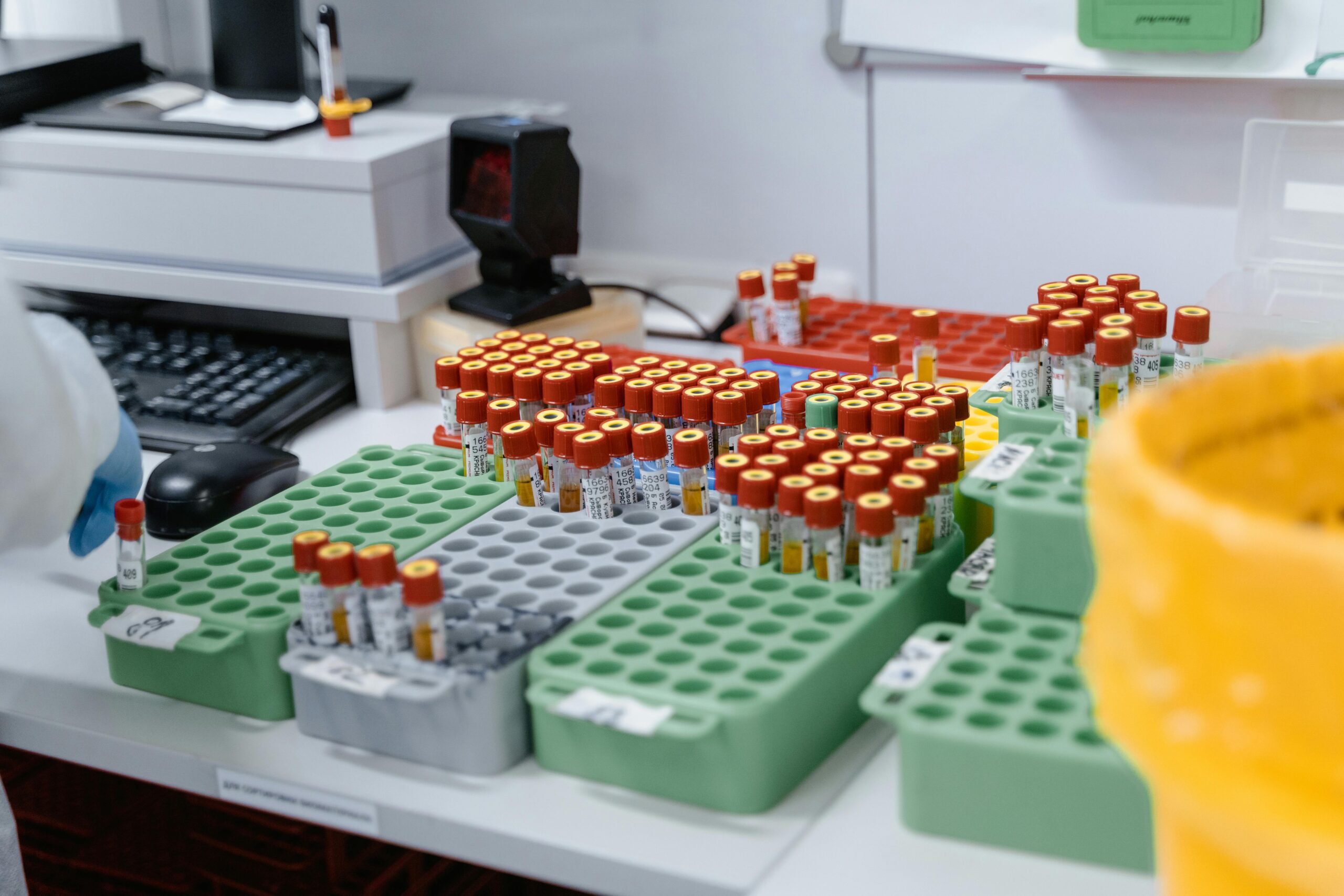The course introduces students to the foundational principles of Systems Biology, emphasizing the study of biological components ranging from simple biomolecules and their interactions to cellular communication in unicellular and multicellular organisms. It further extends to understanding whole organisms, species, and their interactions within ecosystems. The course explores the dynamic behavior of living systems through quantitative measurements and analyses, equipping students with knowledge of methods and techniques for large-scale analysis, such as transcriptomics and genomics. Students will learn to construct complex networks of proteins, genes, cells, and organisms, as well as to develop mathematical and computational models through bioinformatics approaches. Emphasis is placed on analyzing, evaluating, and deciding the applicability of bioinformatics techniques and describing the dynamic behavior of biological systems. The curriculum includes hands-on experience with laboratory exercises, enabling students to synthesize and present comprehensive studies.

